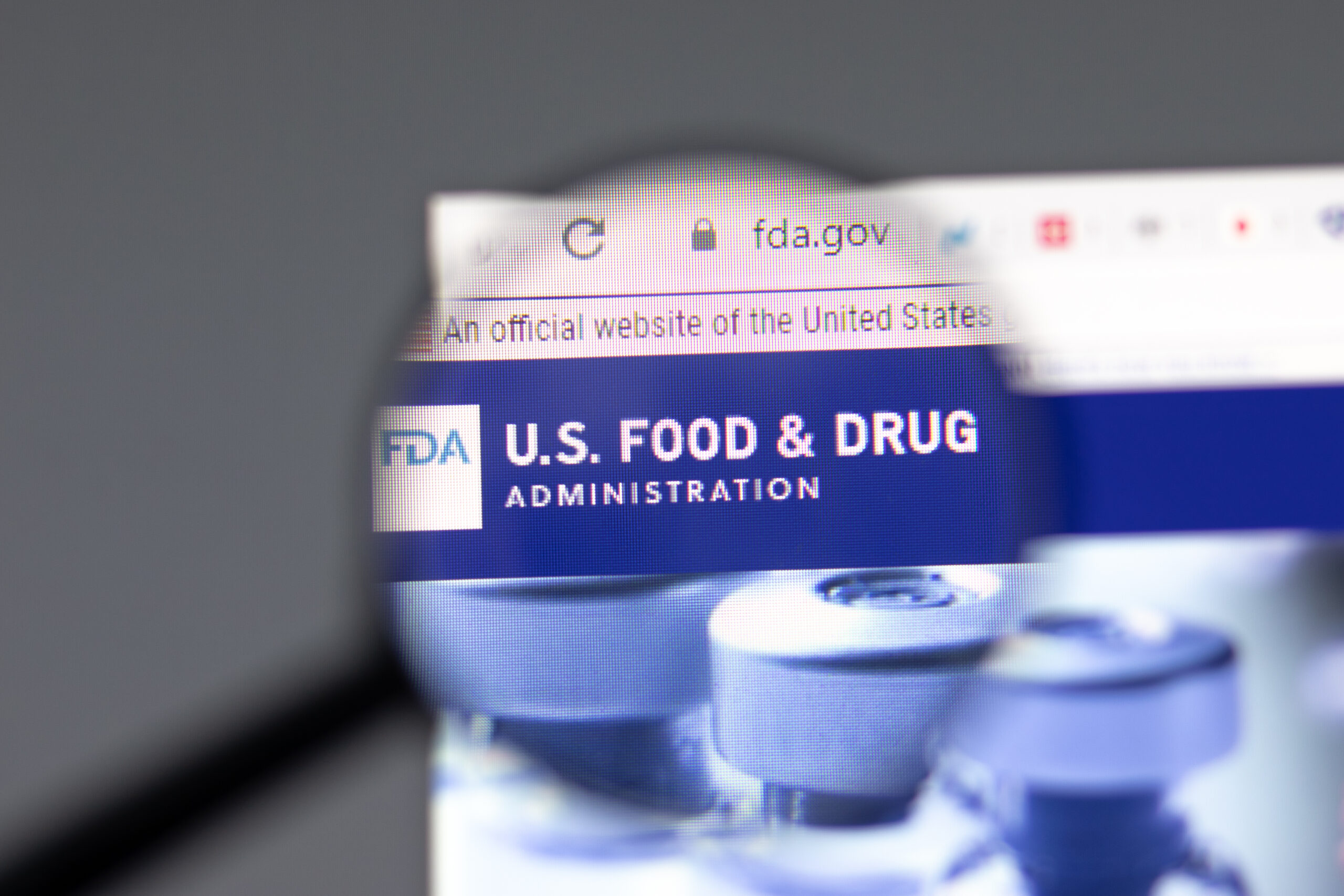On October 19th, ASBM submitted detailed comments to the U.S. Food and Drug Administration regarding its September 19 public workshop, Advancing the Development of Interchangeable Products: Identifying Future Needs (Docket No. FDA-2025-N-2787).
ASBM expressed strong concern over signals that FDA may move toward “genericizing” biosimilars—modeling their approval and substitution on small-molecule generics—calling such a shift “scientifically inappropriate and potentially harmful to patient confidence.”
“Biosimilars are not generics,” ASBM wrote, “and leading regulators including FDA and EMA have consistently affirmed this indisputable scientific fact.”
The group emphasized that interchangeability decisions must continue to be based on rigorous, case-by-case scientific evaluation that considers real-world factors such as delivery mechanisms, user-interface differences, and patient variability.
“Calling a tiger a cat doesn’t make it a good house pet,” the submission warned, adding that a “cavalier attitude toward patient safety and treatment stability risks undermining hard-won physician and patient confidence.”
ASBM’s position reflects strong alignment with prescribers themselves. In its 2024 national physician survey, 88% of U.S. physicians supported FDA’s current case-by-case review for interchangeables, while only 11% favored treating all biosimilars as interchangeable by default. Nearly nine in ten physicians (87%) said they prefer switching only when a biosimilar has been rigorously evaluated for its switch impact, and 76% of European physicians likewise oppose substitution by anyone other than the prescribing doctor. These data underscore that the medical community values a cautious, evidence-based approach to interchangeability rather than automatic substitution modeled on generic drugs.
ASBM also highlighted that the true barriers to biosimilar uptake stem from pharmacy benefit manager (PBM) formulary design and rebate practices—not from FDA’s scientific standards—and urged the agency to maintain its current evidence-based framework:
“Lowering approval requirements or declaring all biosimilars interchangeable by fiat would not improve access; it would only erode confidence, destabilize treatment, and jeopardize the integrity of the U.S. biosimilars framework.”
Finally, ASBM called on FDA to include patient and clinician representatives at future workshops to ensure all stakeholder perspectives are represented.
Read the full comments here.
